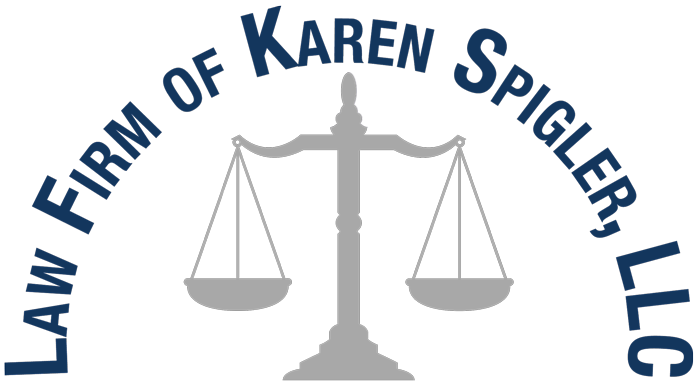
FROM FORMATION TO DISSOLVING A COMPANY, WE CAN HELP WITH ALL THE STEPS IN BETWEEN.
I want to start a company, what do I do first?
Congratulations! The first step is to choose your entity, depending on liability, tax reporting and record keeping. Here are the most common entities to get your ideas started. Schedule an appointment to discuss them in more detail and let us help you decide which one is best for you.
Why, and what type of company?
Corporation – A separate entity from its founders is the key benefit in avoidance of personal liability. A corporation requires extensive record keeping and files its own income tax return.
Partnership – A company owned by several individuals who manage the company and assume responsibility for the partnerships debts and other obligations. Any income or loss that is realized is passed through to each partner on a Schedule K-1 and reported on each partner’s individual income tax return. The partnership also files a separate informational income tax return.
Limited Liability Company (LLC) – An LLC brings together some of the best features of partnerships and corporations. Personal risk is limited to capital paid into the business. Profits and losses are reported and taxed on owner’s individual returns, along with filing a separate informational tax return for the LLC. The company is managed by one or more of the shareholders.
Non Profit – Non Profit organizations work for the public good rather than a profit. They enjoy tax exempt status and protection of directors, officers and members from personal liability. In order to qualify for such status, a non-profit must file an extensive application with the IRS.
What do I need to form my company? On to the details. You will need:
A Mission Statement – a simple statement describing the purpose for your company
Business Plan – How will the company be organized and where are you getting the financial support?
Marketing Plan – Who is your customer and how are you attracting them?
Clear idea of what is your product or service.
Tax Planning – make decisions based on the type of entity and file the appropriate initial forms with the IRS. Who do you want to be your Registered Agent for service of process?
When your vision is clear we can help with the detailed paperwork necessary to file with the state of Florida and the IRS, order and create your corporate records book.
After its formation, what then? Once you are established you will need to maintain your company.
File annual reports and Registered Agent designation with the State of Florida,
Update Corporate Records Book with Annual Meeting Minutes,
File Federal and State (if applicable) tax returns.
What else might I need?
Contracts and Agreements – We can help with these.
No matter the size of your company you will have contracts and agreements.
If you have employees you may need an employment agreement or review of your employee handbook. To protect your trade secrets, you may need an employee non-compete agreement.
If you lease space or equipment you should have a lease beneficial to your needs. If you buy or sell commercial property you want someone watching over your interests during the transaction.
Let us review or prepare your contracts and agreements to support your interests.
You need a business Operating Agreement to protect your business.
For example, you have a successful business humming along when suddenly your partner dies and you are now in partnership with his/her surviving spouse. Your new partner has conflicting interest in how the business should be run. What do you do?
BEFORE this happens see us to help you set up a strategy to safeguard the business and your investment. You see an attorney for your personal Will or Trust, why not protect your business assets as well by having an exit strategy agreement in advance. There are many reasons why you might need this such as death, divorce, debilitating illness or disease, sale of business, or retirement.
